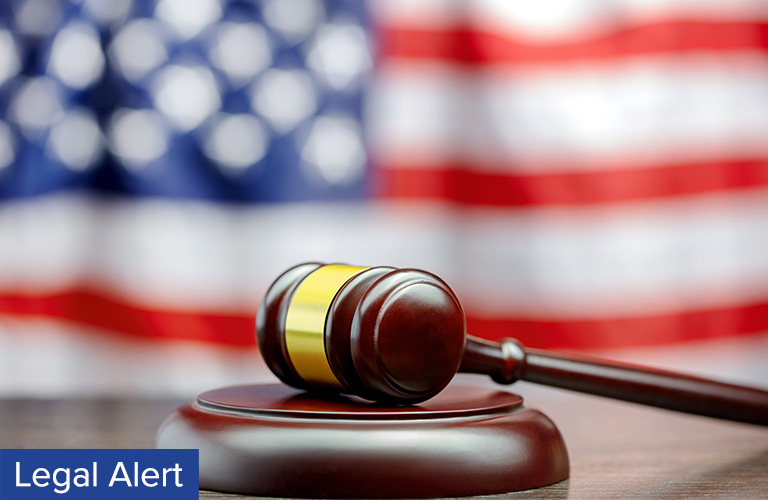
Earlier today (June 1, 2020), the U.S. Supreme Court ruled in Thole v. U.S. Bank N.A. that individual participants in a defined benefit pension plan lack standing to sue the fiduciaries of that plan over alleged mismanagement of plan asset investments.
Basis for Lacking Standing to Sue. The case involved two participants who alleged that certain fiduciaries of their defined benefit pension plan had mismanaged the investment of plan assets through self-dealing and breaching their fiduciary duties. The Court ruled that the individual participants lacked standing to bring this suit because (i) they had received all of the past monthly benefit payments they were entitled to receive under the terms of the plan, and (ii) they had a contractual right to receive their future monthly payments. The Court noted that pension plan payments are not affected by the actual assets of the plan or their alleged mismanagement.
Other Possible Challenges to Pension Asset Mismanagement. Even though individual participants lack the standing to sue over investment mismanagement of defined benefit plan assets, the Court noted that the Department of Labor does have this right. Also, because the issue was not raised in this case, the Court did not rule on whether individual participants could have a claim if the mismanagement of investments was so egregious that it substantially increased the risk that the plan and the employer would fail and ultimately be unable to pay future pension benefits.
If you have questions about this case or about other issues relating to the management of plan assets, please contact your Executive Compensation and Employee Benefits Counsel at Smith, Gambrell & Russell, LLP

